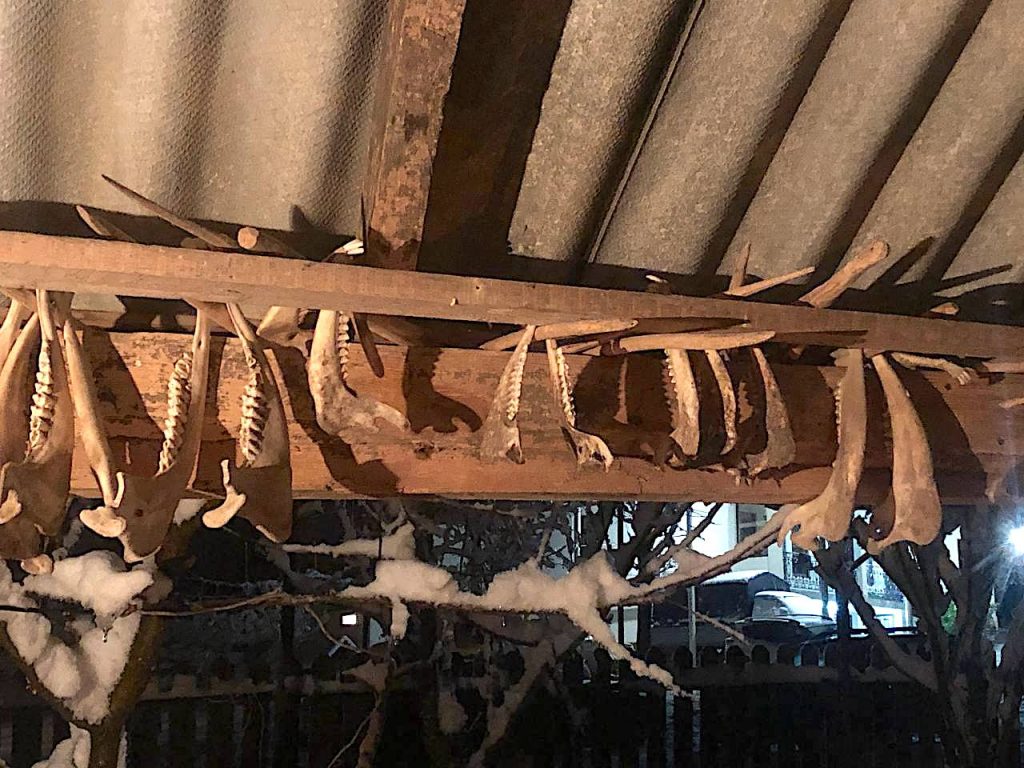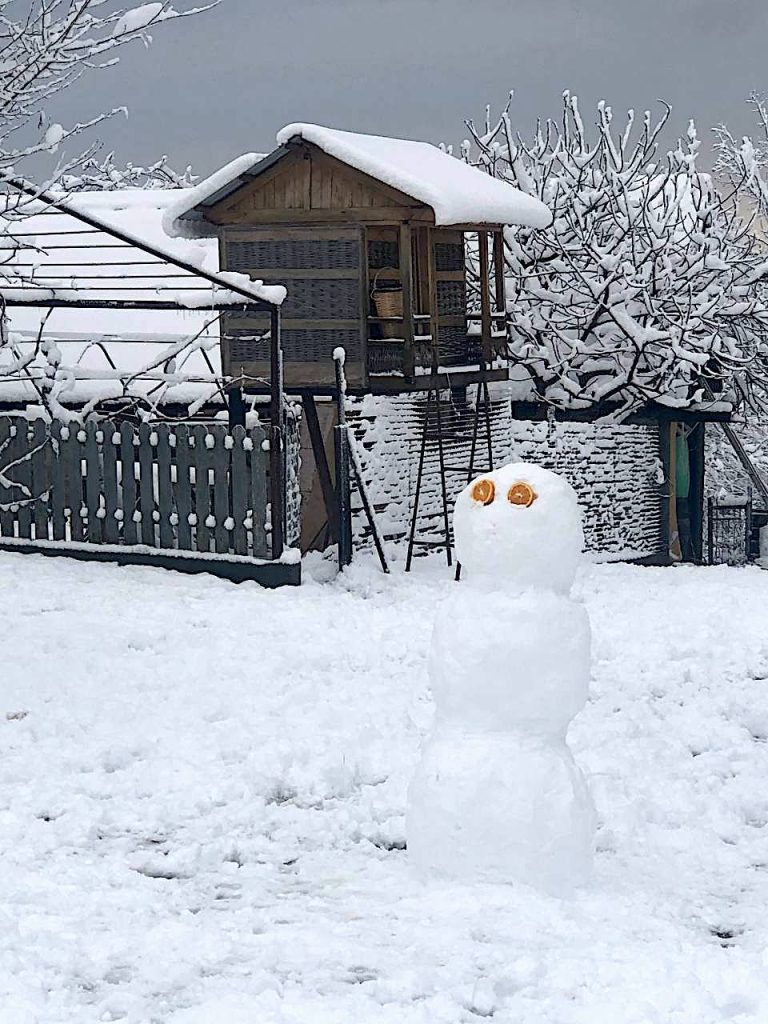Sacrificial bull and Azhyrnyhua - Abkhazia's day of creation. Photo story
Azhyrnykhua – Abkhazia‘s New Year
January 14 in the Abkhaz calendar is an official day off. But not because it is the Old New Year, popular in the post-Soviet space (New Year according to the ‘old style’, according to the Julian calendar).
In Abkhazia, it is also a pagan Azhyrnykhua – which is translated as ‘Forge Holiday’, the holiday of the creation (or renewal) of the world.
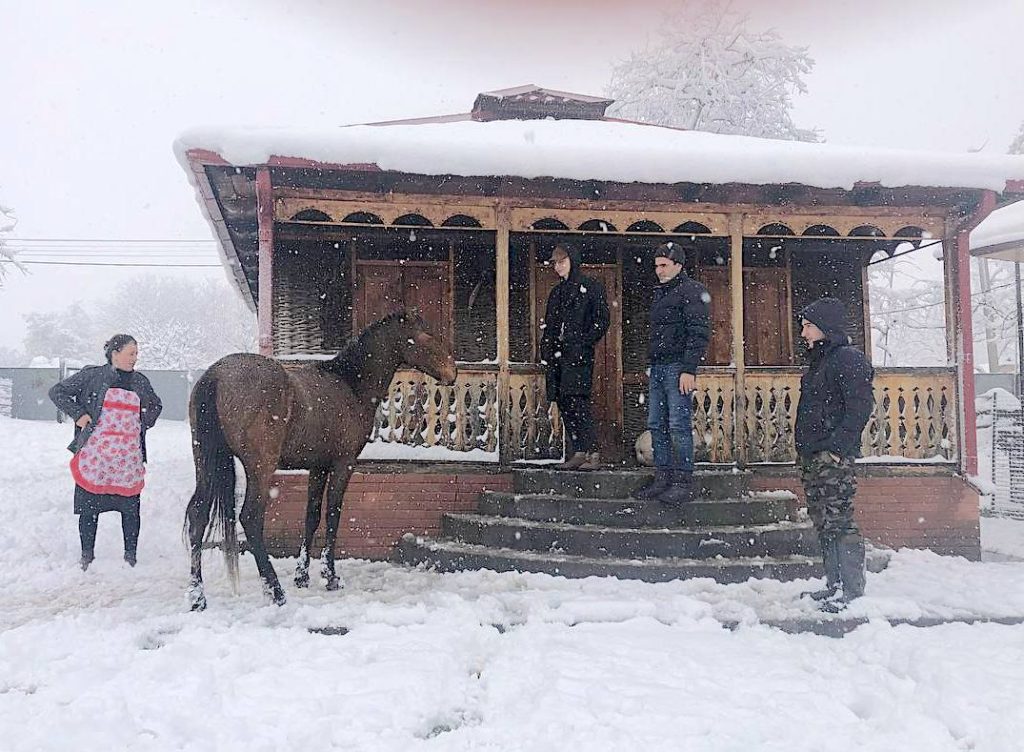
In Soviet times, under Stalin, the celebration of Azhyrnykhua was strictly prohibited. Nevertheless, many, including our family, celebrated and performed the prescribed ceremony in the forge in the ancestral home. Naturally, it was not advertised much.
Somehow, in the process of turning to God, the chairman of the village council appeared there. He was a close relative, but he deliberately knocked over the sacred anvil and threatened to imprison my grandfather next time he celebrated Azhyrnykhua.
“All this will come back to haunt you, ghouls”, my grandfather responded.
Stalin died unexpectedly two months later.
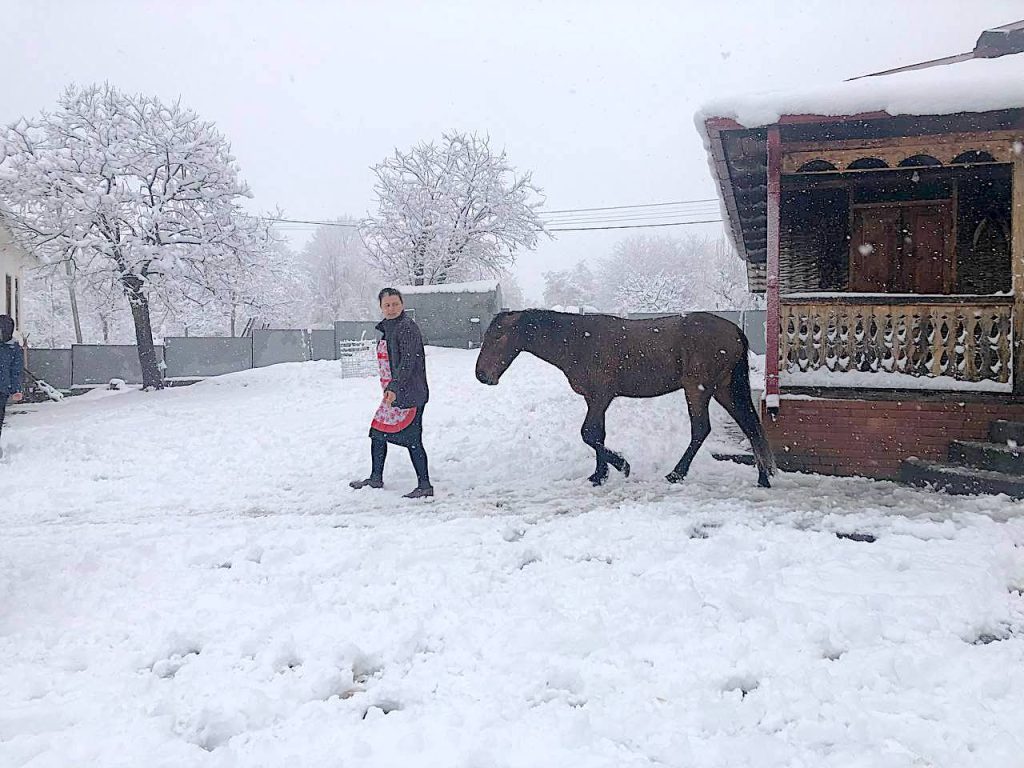
- Traveling the Caucasus
- No one has seen this snow before
- Vox-pop from Abkhazia: Is it appropriate to wear swimming suit and post pictures on social media?
There are Christians, Muslims, and atheists in my family. But this does not prevent us all from celebrating Azhyrnyhua together in our family hearth – in the village of Khuap. There, at the foot of the mountains, is the house where my father was born, and where my cousin Aslan lives.
Usually on this day in the Big House – that is how the family nest is called, all the members of the family who are in Abkhazia at that moment gather. An exception ( due to the Covid-19 pandemic) was made only for the eldest, Uncle Konstantin.
There is no single standard for celebrating Zhyrnykhua. Each family has its own traditions. But they are connected with one circumstance – the presence or absence of Ajyira (holy forge) in the family nest.
My family has such a forge, and, accordingly, the celebration ritual is carried out in full.
Why a forge?
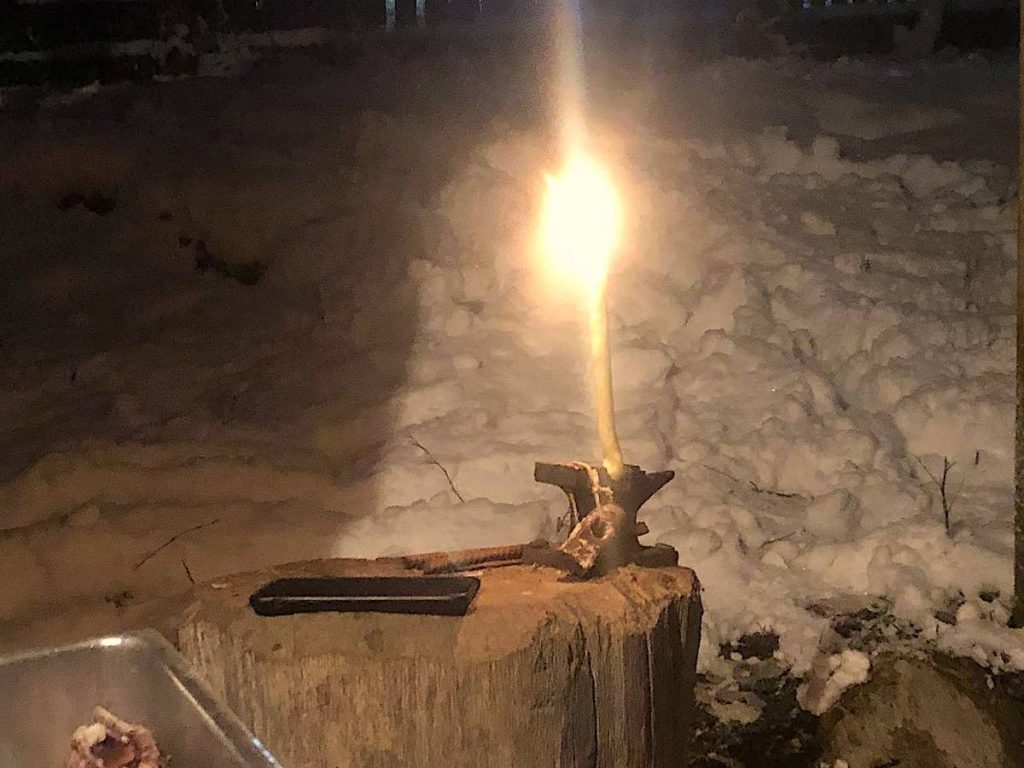
I can only guess – when they moved from the Stone Age to the Bronze Age, the owner of iron was considered a cool guy. And the one who created tools and weapons from this was also close to the celestials. Becoming a blacksmith in the old days was considered a great achievement for a person and pride for his family.
On this day, we certainly sacrifice a bull, and we also butchered chickens – as many as there are women in the family.
While the men are engaged in meat and cooking in a large cauldron, women bake pies with cheese and nuts, girls clean the house and yard and setting the tables.
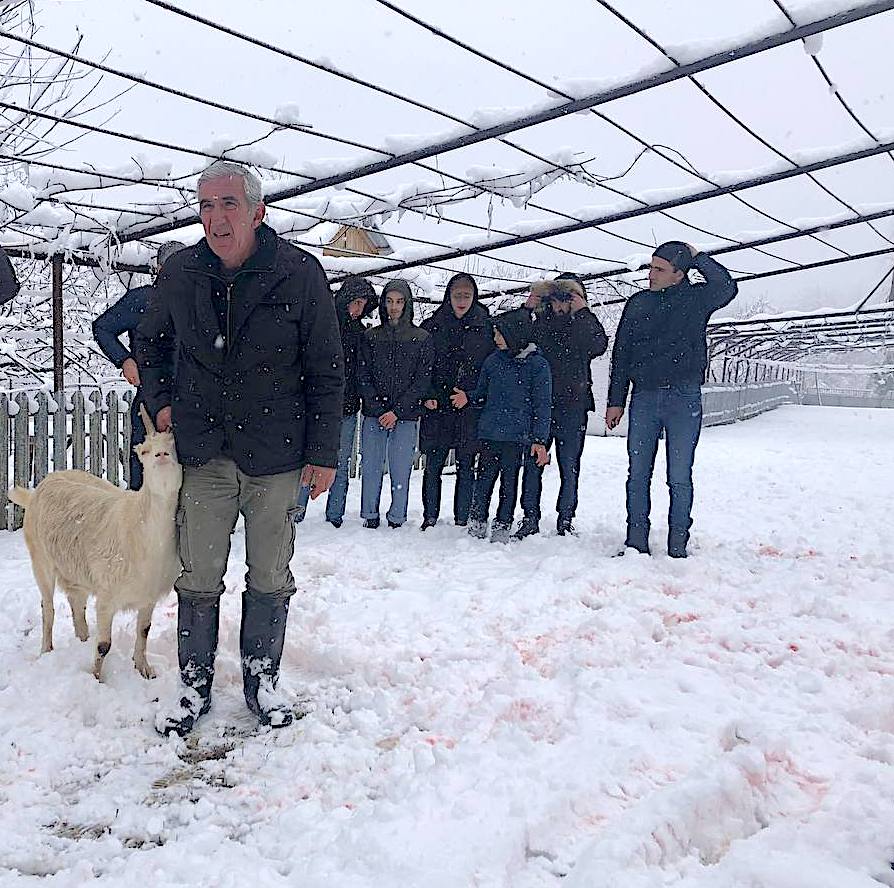
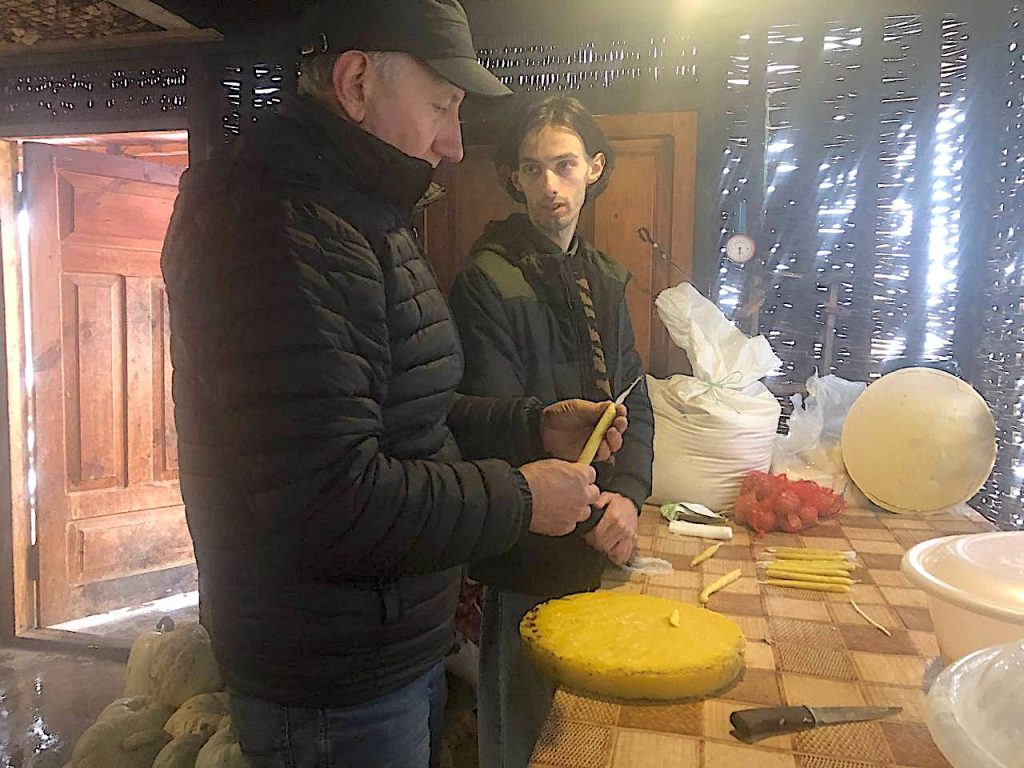
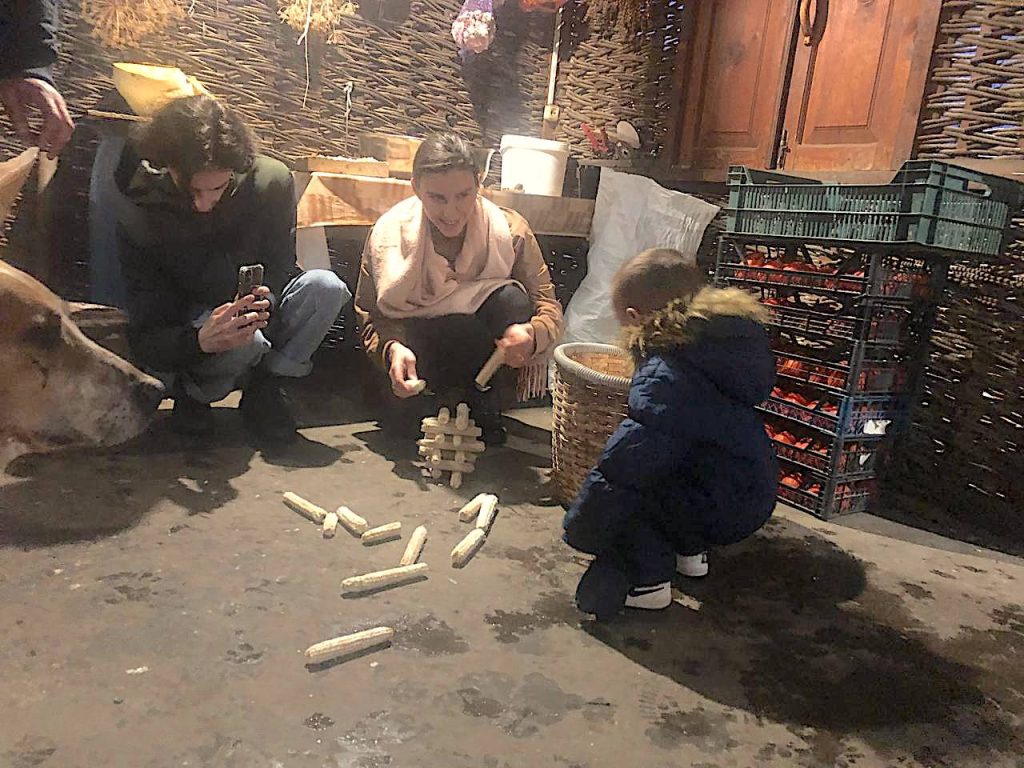
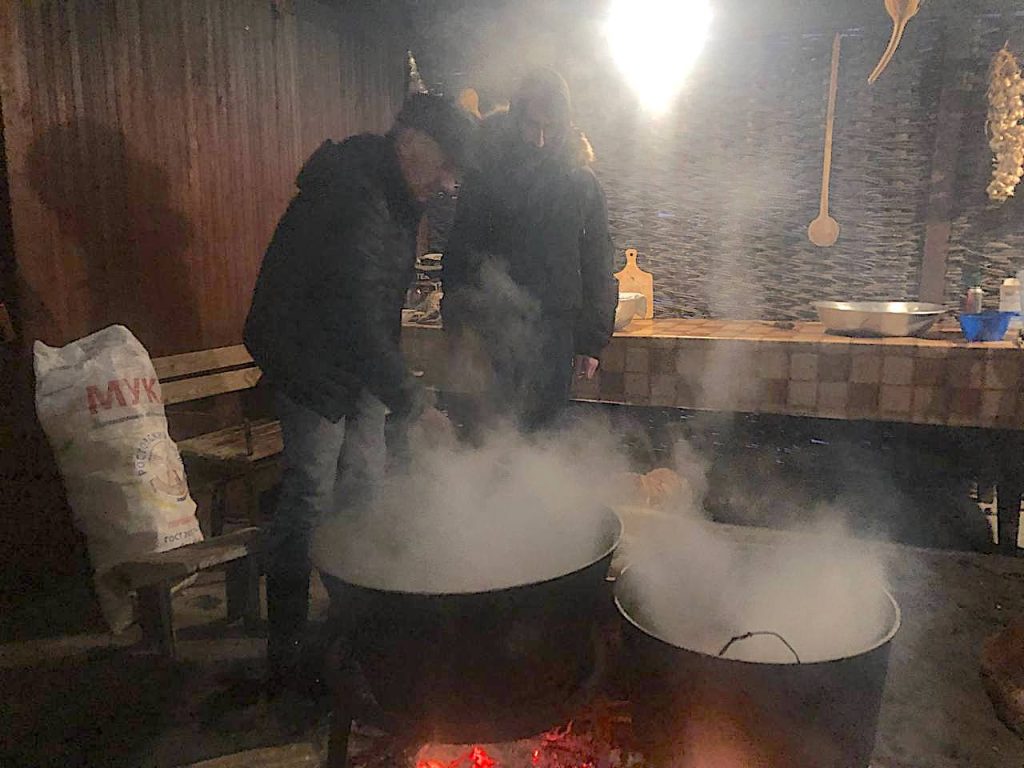
From a large piece of wax, one large candle is molded for Azhira and about a dozen smaller candles – one candle for each woman or girl in the family.
When all the preparations are already over and twilight falls on the village, the main procedure of the whole festival begins – the trip of the male part of the family to Azhira.
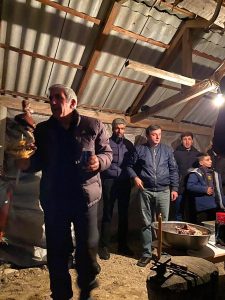
It is located in the garden. In addition to men, girls are also present in the prayer service as an exception.
The owner of the house, Aslan, has been our family priest for two years now. It is he who is empowered to turn to the Almighty for the patronage of our family.
In addition, Aslan will ask for peace and prosperity for the family, people and inhabitants of the whole earth.
In his left hand, Aslan will hold a nutty pin that I have carved, into which, in a certain ritual order, will be strung several pies, the heart and liver of the sacrificial bull, and in his right hand a glass of wine.
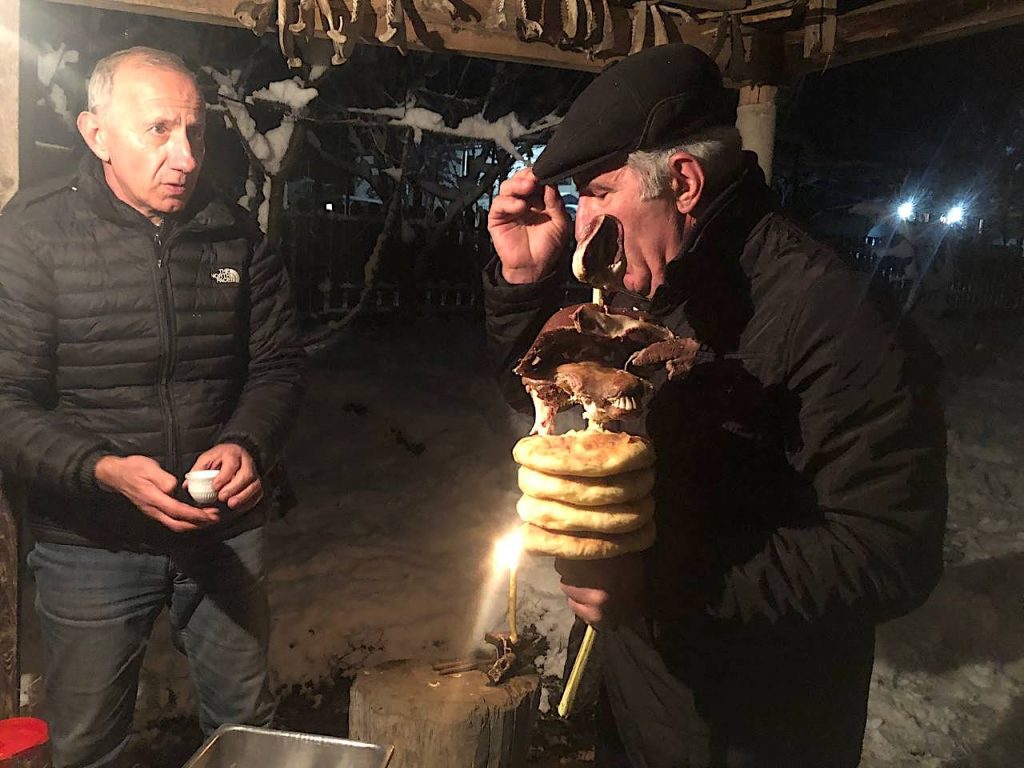
After the main toast has been pronounced, other members of the clan do the same for Aslan. Naturally, the younger the toast is, the shorter his speech.
The ritual part of the prayer service does not end with the return to the house. It will continue under a large canopy of the house, where Aslan is supposed to duplicate what he said in Ajyir to the women of our family.
All of them, lined up with their daughters, will stand with lighted candles at a table filled with a ritual set of uncut chicken meat and pies.
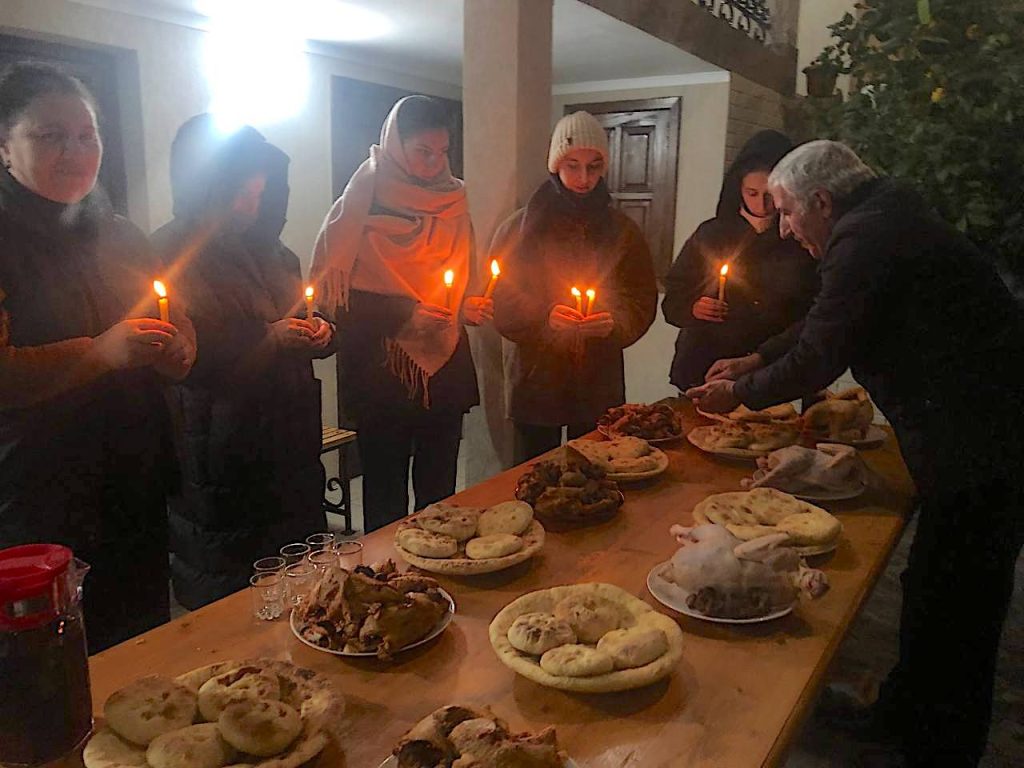
After each personal toast, these candles in turn will be attached to the wall of the house, where they will burn out at the end. And after that the feast will begin.
Men and women will feast separately – men will sit in one room and women in another. However, no one has ever complained about this order of things.
And the jaws of each sacrificial animal will forever hang in Ajira.
